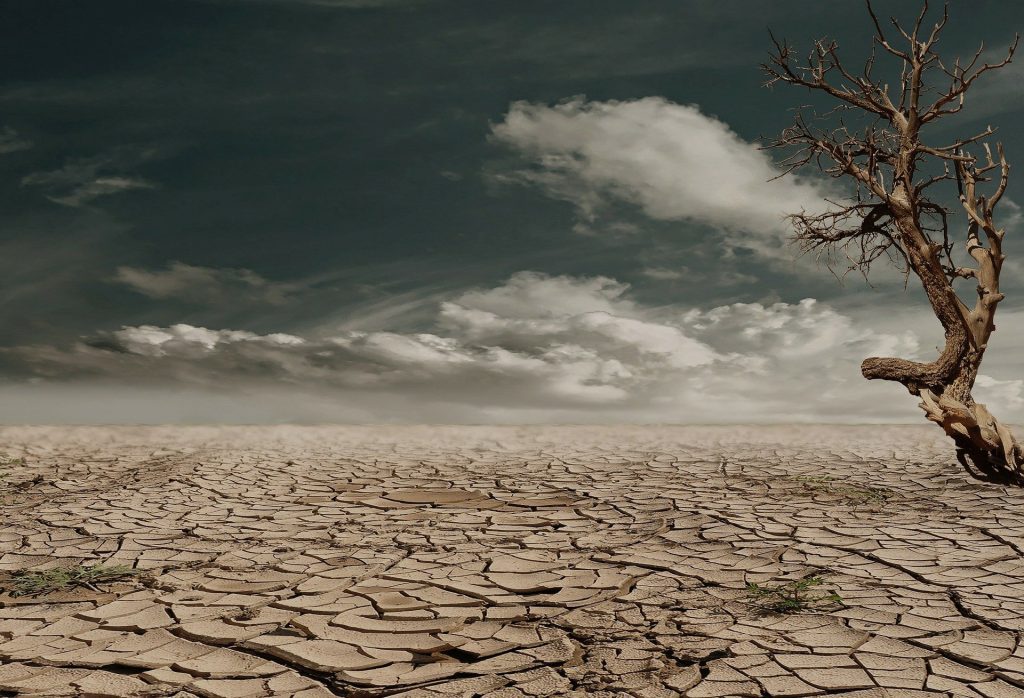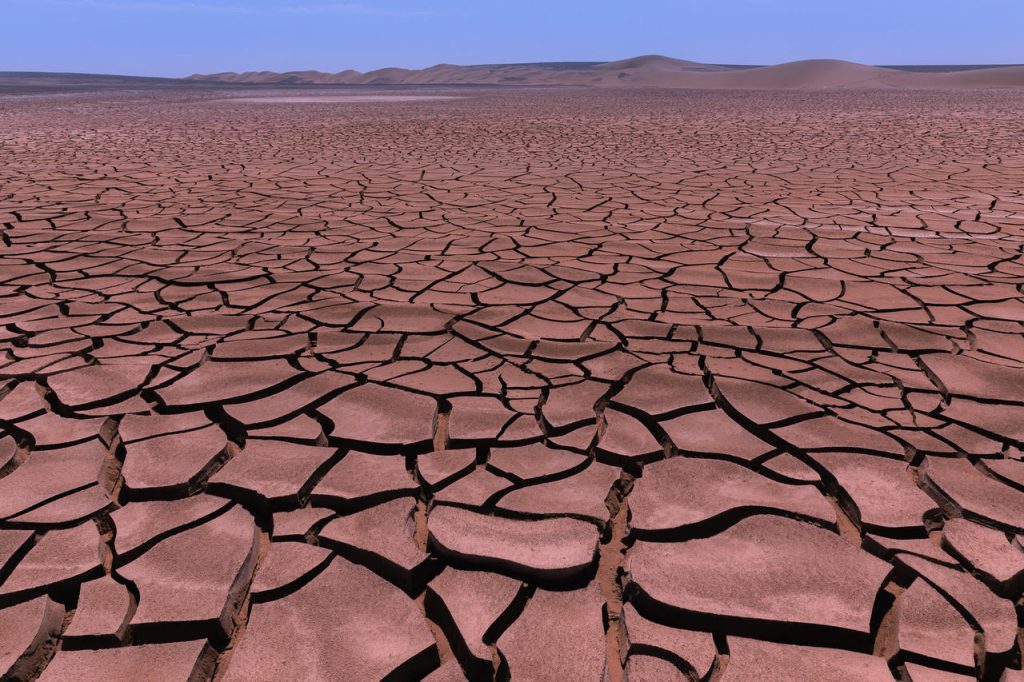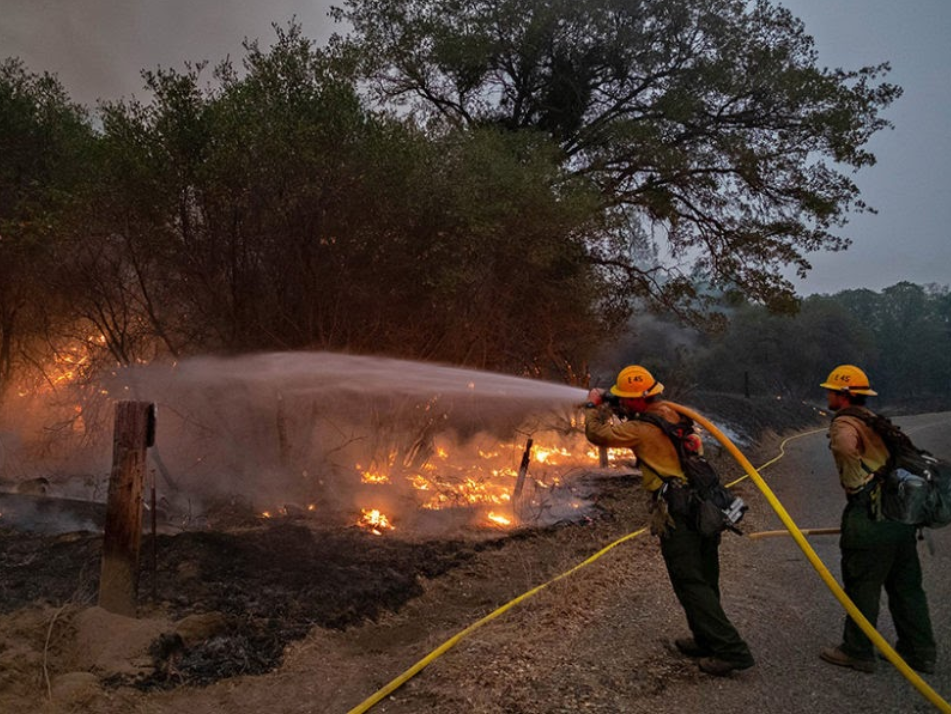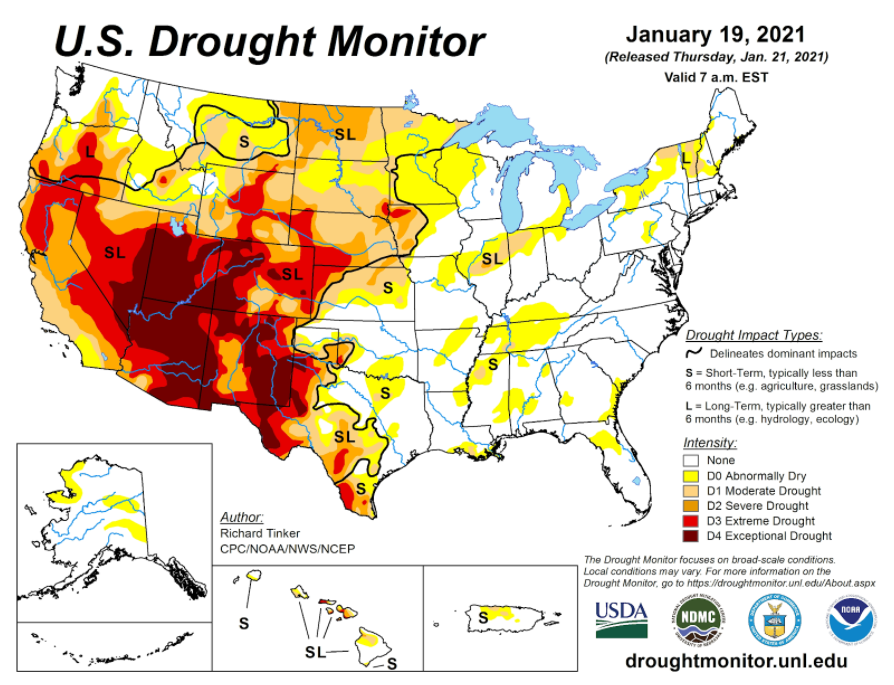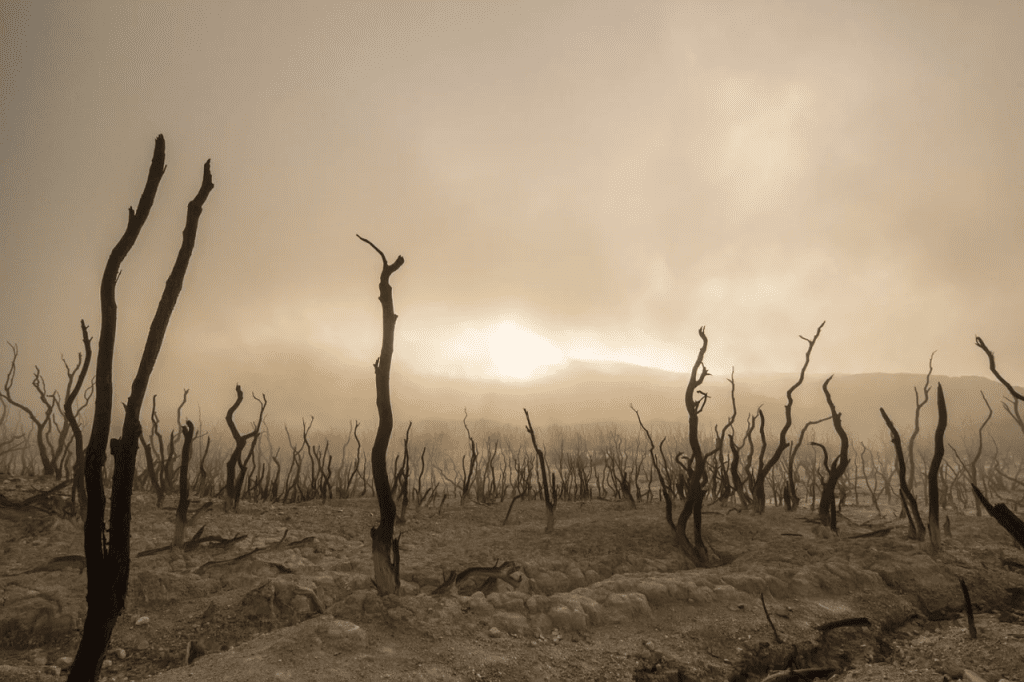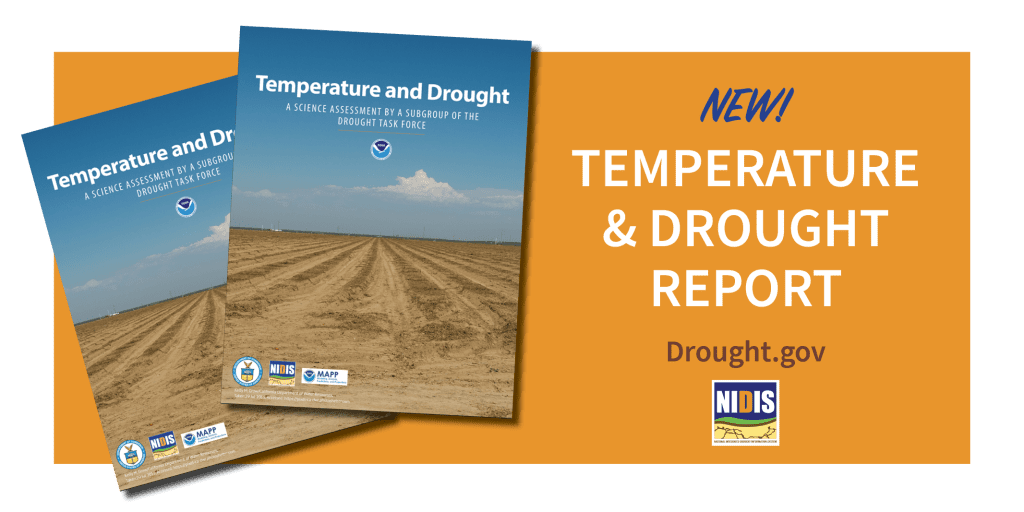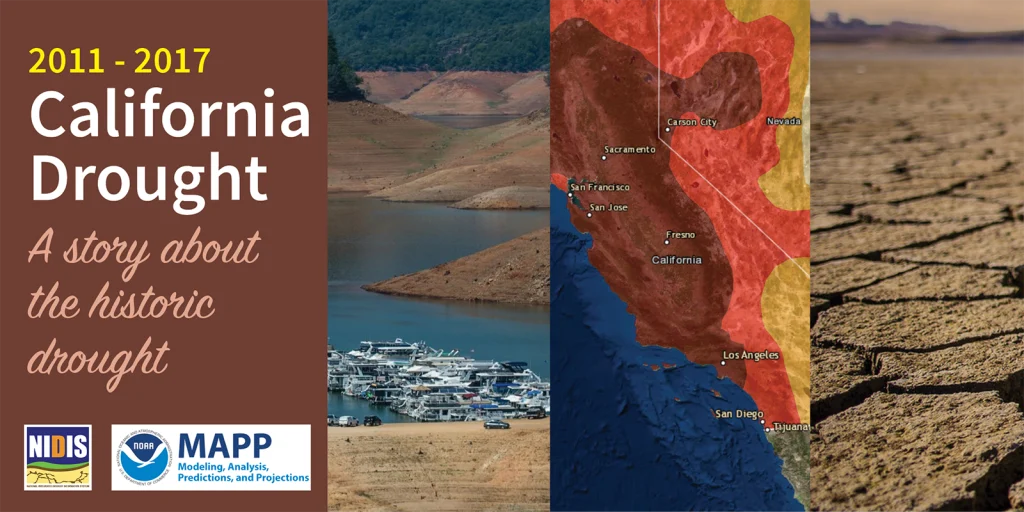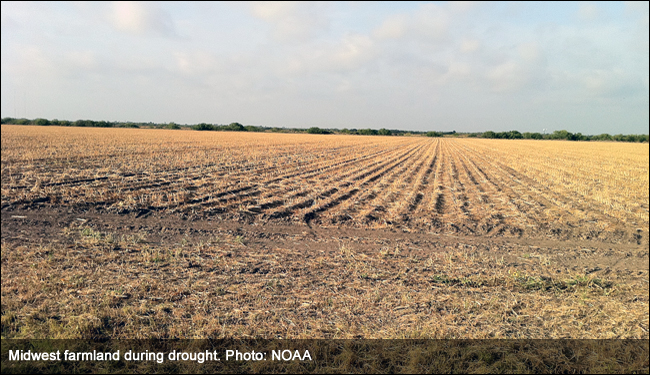New NOAA Report: Exceptional Southwest Drought Exacerbated by Human-Caused Warming
According to the report, the drought caused roughly $11.4–$23 billion in economic losses in 2020—including impacts from associated wildfires. Economic losses for 2021 will also be substantial, and the drought is expected to continue at least into next year.
New NOAA Report: Exceptional Southwest Drought Exacerbated by Human-Caused Warming Read More »



